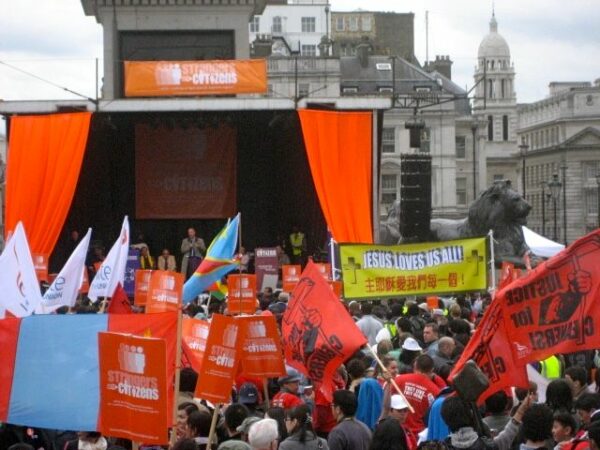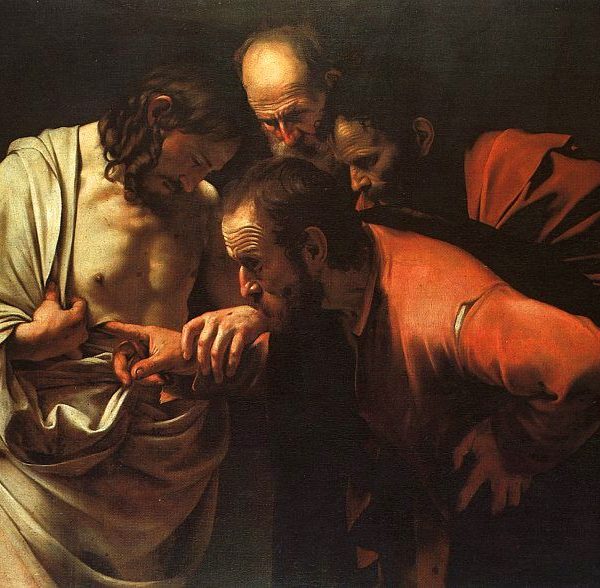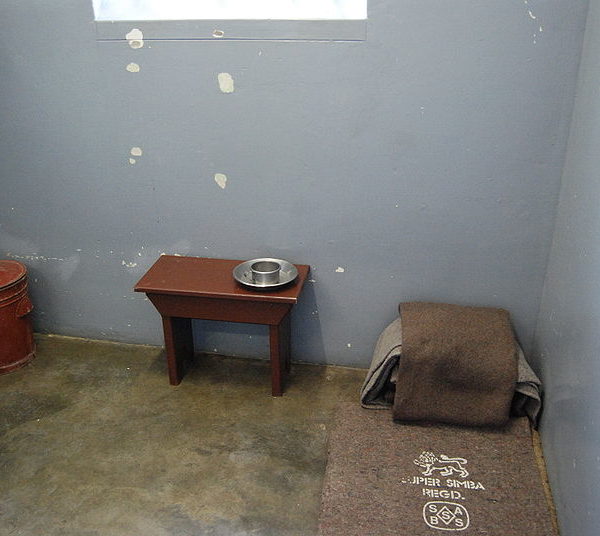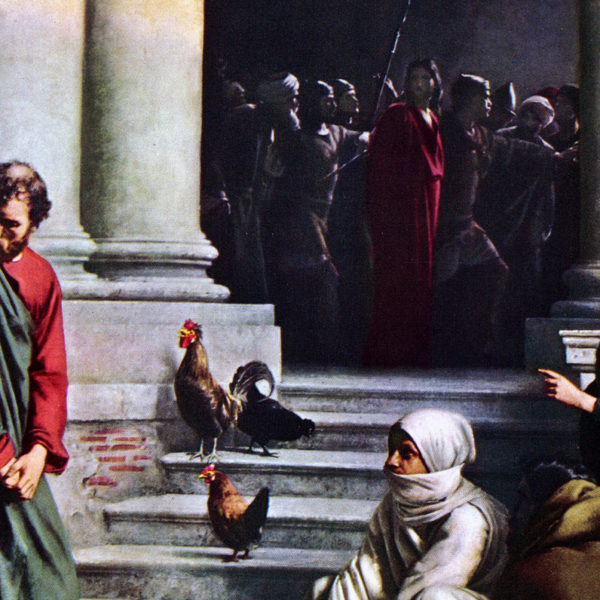
This post focuses on a no less important but less visible cluster of questions about the relationship between ethics and politics, what helps or hinders the formation of persons capable of undertaking liberative projects with and for others, and how the quality and character of relations between persons (for example, virtues such as hope, courage, or hospitality) directly shape the conditions for the possibility of democracy.

That Thomas’ absence when Jesus first appeared to the Twelve after his resurrection was due to his withdrawing from the other disciples following Christ’s crucifixion is an intriguing exegetical possibility. It also frames the events that follow in a manner that may be instructive for the Church in its witness to those who are doubting and agnostic.

Within many criminal justice systems, deterrence is a significant element of the rationale of imprisonment. However, Paul’s letter to the Philippians reveals the emboldening power of imprisonment for faithful witness. The example set by courageous leaders who will risk imprisonment for the sake of truth and justice continues to have great power, even within our contemporary situation.



